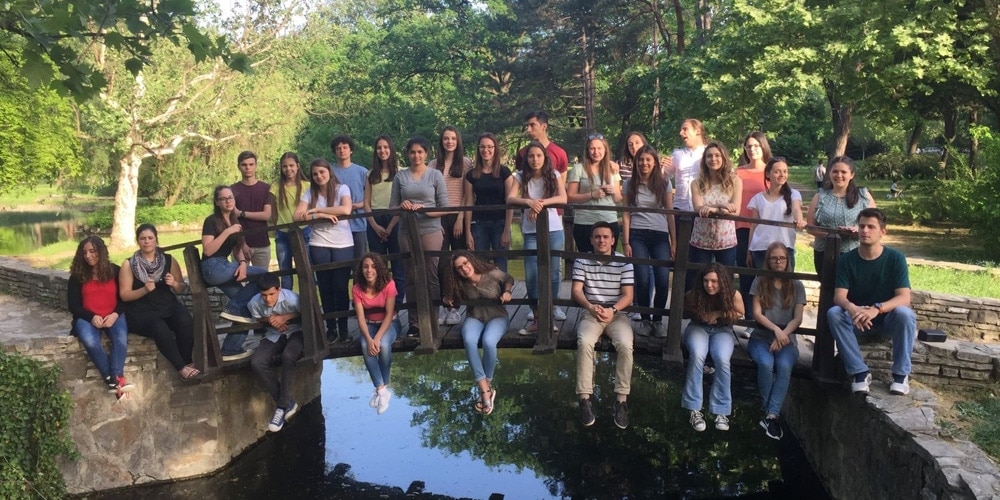
The person who loves their dream of community will destroy community, but the person who loves those around them will create community,”* wrote German theologian Dietrich Bonhoeffer in 1938 following the closing of the seminary of the underground Confessing Church, with Nazi Germany gearing up for all-out war against its neighbors and an ever-diminishing internal opposition.
Community is costly and can be painful, for it requires authenticity, transparency, and openness to meet another person on their own terms.
We all need community and yearn for it—and yet we struggle to find true community because we all imagine a community on our own individual terms. Within the walls of our churches, we tend to use labels to describe different communities, hoping that these labels will provide clarity. Conservative, liberal, progressive, orthodox are the most well known used to describe potential theological leanings.
But we have more. Some are linked to what we eat or do not eat and what we wear. Others seek to pinpoint differences in musical tastes. We use all these labels (and many more) to filter, screen, sift, and sieve the faithful from the unfaithful. To rephrase Bonhoeffer, we yearn for real community but often get sidetracked by our “dream of community.”
Jesus’ short ministry may offer us a corrective perspective on God’s idea of community. Jesus’ community was never perfect or polished. He limited His teaching effort to 12, yet was never exclusive. The Gospels are full of references to a much larger group of disciples, including many women, who were part of the new community of spiritual Israel that God envisioned. We can also read of constant engagements with people who had questions, different opinions, or hostile convictions, or who just needed to find the Healer.
In Jesus’ community the weak, the helpless, the unimportant (aka children), the poor, and the marginalized found their home. When they heard Jesus, they sensed that He was different from all the other itinerant rabbis who crisscrossed first-century Palestine (Matt. 7:29). He spoke with authority and clarity—yet we can hear gentleness, tact, and love even in His difficult conversations.
He shared meals with tax collectors and sinners—not the dream company that any Jewish mother would have wished for her son. His inner circle included a Zealot, rough fishermen, a tax collector, and others whose pedigrees we don’t even know.
The community that Jesus envisioned is not a perfect community. In His high-priestly prayer in John 17:20-23 He prays for the unity of a very diverse group of people who often didn’t see eye to eye. He prays for courage and clarity—and deep roots in the Word that anchors His disciples in God’s grace while living in a world that often stands in opposition to God’s values.
How can we find God’s ideal community? We will first need to surrender our dreams of community and allow Jesus to transform and shape our innermost worldview and values with His love. Only when God implants in our hearts that love that surpasses all understanding and knowledge (Eph. 3:19) can we truly become “one.” Do we love our dream above the reality of brokenness that we can plainly see in ourselves and in our congregations? Are we ready to put everything on the table and plead for that life-transforming love that has characterized God’s church throughout all the ages? Only as we become willing to surrender our dreams of community and learn to love and accept others unreservedly as Jesus showed us will we find and truly become a part of the community that He had in mind when He prayed for us. This in turn will become our most effective outreach tool: “By this all will know that you are My disciples, if you have love for one another” (John 13:35).
* Dietrich Bonhoeffer, Life Together: The Classic Exploration of Christian Community, trans. John W. Doberstein (New York: Harper Collins, 1954), p. 27.